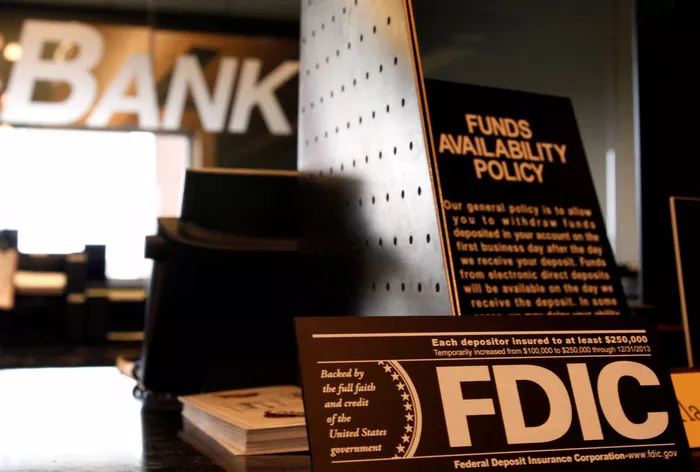Money market accounts (MMAs) can be a smart choice for individuals looking to earn interest on their savings while maintaining liquidity. However, before entrusting your funds to any financial institution, it’s crucial to understand the level of protection your money enjoys. One common question that arises is whether money market accounts are FDIC insured. Let’s delve into this important aspect to ensure you make informed decisions about your financial future.
What is FDIC Insurance?
The Federal Deposit Insurance Corporation (FDIC) is an independent agency of the United States government that provides deposit insurance to depositors in U.S. commercial banks and savings institutions. Established in 1933 in response to the widespread bank failures during the Great Depression, the FDIC aims to maintain stability and public confidence in the nation’s banking system.
Understanding Money Market Accounts
A money market account (MMA) is a type of deposit account offered by banks and credit unions that typically pays a higher interest rate than a traditional savings account. MMAs often require a higher minimum balance to open and may have limited check-writing privileges. While they share similarities with savings accounts, MMAs usually offer higher interest rates due to their ability to invest in short-term securities like Treasury bills and certificates of deposit.
FDIC Insurance Coverage
The FDIC provides deposit insurance coverage up to $250,000 per depositor, per insured bank, for each account ownership category. This coverage applies to various types of deposit accounts, including savings accounts, checking accounts, certificates of deposit (CDs), and yes, money market accounts.
Are Money Market Accounts FDIC Insured?
Yes, money market accounts offered by FDIC-insured banks and credit unions are indeed covered by FDIC insurance, up to the applicable limits. This means that if your bank or credit union were to fail, the FDIC would step in to ensure you receive up to $250,000 of your deposited funds per account ownership category.
Understanding Coverage Limits
It’s essential to grasp the concept of coverage limits to ensure your deposits are fully protected. The $250,000 coverage limit applies to each depositor, per insured bank, for each account ownership category. Account ownership categories include single accounts, joint accounts, certain retirement accounts, revocable trust accounts, and more.
Calculating Coverage for MMAs
Let’s say you have a money market account with a balance of $200,000 and no other deposits at the same bank. In the event of a bank failure, your entire balance would be covered by FDIC insurance since it falls below the $250,000 coverage limit for individual accounts.
However, if you have additional deposits at the same bank, such as a $150,000 savings account, only $100,000 of your money market account balance would be insured, as the combined total of $350,000 exceeds the $250,000 coverage limit for individual accounts.
Maintaining FDIC Coverage
To ensure your deposits remain fully protected by FDIC insurance, it’s crucial to monitor your account balances and consider the following tips:
1. Spread Your Deposits: If you have substantial savings, consider spreading your deposits across multiple FDIC-insured banks to maximize your coverage.
2. Review Account Ownership: Different ownership categories offer separate coverage limits. Review how your accounts are titled to maximize your FDIC insurance coverage.
3. Stay Informed: Keep abreast of any changes to FDIC coverage limits or regulations that may affect your deposit insurance.
What Isn’t Covered by FDIC Insurance?
While FDIC insurance provides robust protection for most deposit accounts, it’s essential to be aware of certain types of assets and accounts that are not covered:
1. Investments: Stocks, bonds, mutual funds, and other investment products are not covered by FDIC insurance.
2. Safe Deposit Boxes: The contents of safe deposit boxes are not insured by the FDIC, so it’s advisable not to store cash or other valuables in them.
3. Cryptocurrency: Virtual currencies like Bitcoin are not covered by FDIC insurance.
Final Thoughts
Money market accounts can be a valuable tool for savers seeking competitive interest rates with the added benefit of FDIC insurance protection. By understanding how FDIC insurance works and maximizing your coverage within the applicable limits, you can confidently grow your savings while safeguarding your financial future. Remember to stay informed, review your account holdings regularly, and consult with financial professionals if you have any questions or concerns regarding FDIC insurance or money market accounts.


